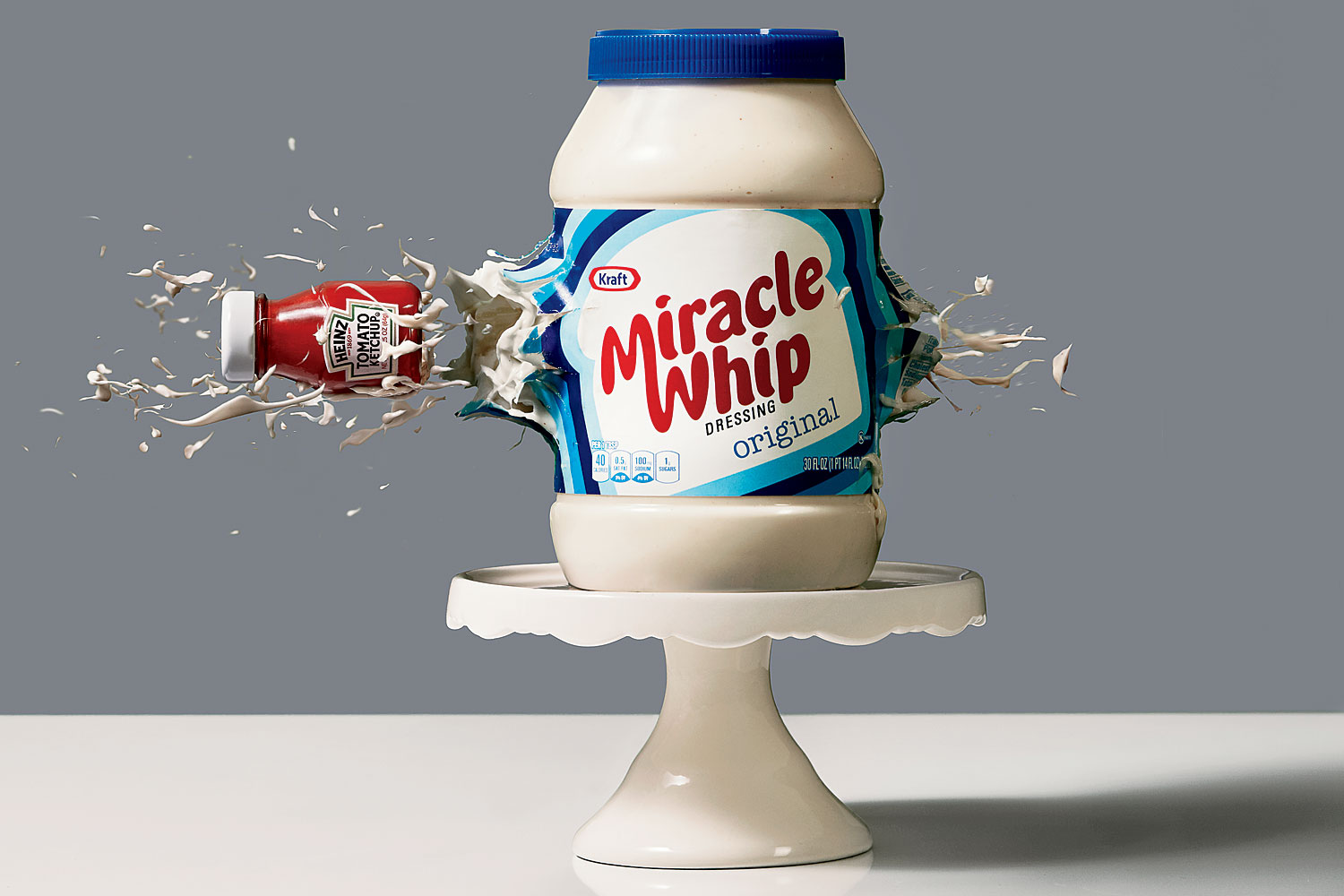It’s a marriage that isn’t likely to end harmoniously for employees: The specter of layoffs looms over Kraft Foods’ Northfield headquarters after the business was acquired in March by the Pittsburgh company H.J. Heinz.
The deal was engineered by Berkshire Hathaway (the conglomerate famously founded by Warren Buffett) and 3G Capital, a private equity firm run by three Brazilian billionaires that has a reputation for squeezing profits out of its acquisitions—usually through aggressive job cuts.
What’s at stake for Chicago? Kraft, with $18 billion in revenues, is among the area’s largest public companies and employs 2,300 people in Northfield. Executives of the new Kraft Heinz say they plan to save $1.5 billion annually by 2017—but they’re not getting there just by limiting photocopies. “I wouldn’t want to be working at Kraft today,” says Brian Yarbrough, a consumer analyst at Edward Jones.
Though the top brass at 3G, which will manage the merged company, said in March that they’ll keep headquarters in both Pittsburgh and Chicago, Yarbrough says he expects them to eventually choose one city. (The smart money is on Pittsburgh.) Those executives have not given specifics on potential cuts at Kraft, he adds, “because they don’t want the backlash, but their track record tells you there’s going to be head count reductions.”
Take Heinz: In August 2013, two months after 3G and Berkshire bought it, it cut 350 of 1,150 headquarter jobs, says Michael Mullen, a senior vice president at Heinz. And Canadian chain Tim Hortons laid off 350 of its 1,800 corporate employees after 3G and Berkshire acquired and merged it with Burger King in December.
Mullen is optimistic about the Kraft merger, saying, “This historic transaction unites two powerful businesses, delivers incredible shareholder value, and provides a platform for rapid growth.” And while employees may suffer, Yarbrough agrees that Kraft shareholders “should be ecstatic.” The company’s stock soared 35 percent the day the deal was announced and has stayed high. Adds Yarbrough: “Kraft stock would have never got to $85 or $86 a share on its own.”




